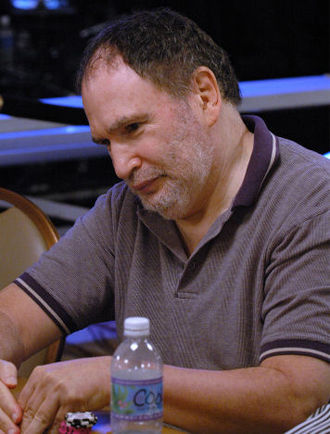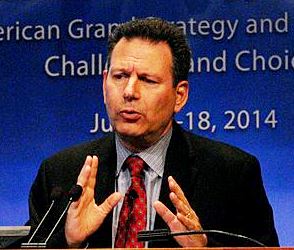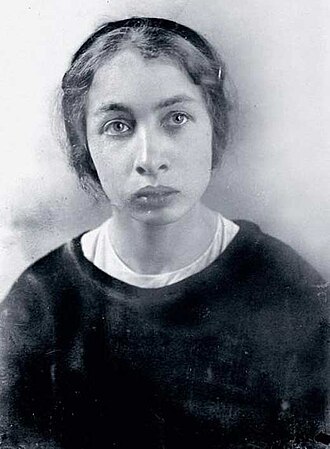Kaplan Last Name Origin, History, and Meaning
Where did the surname Kaplan come from? What does the surname Kaplan mean? Discover the history and meaning of the last name Kaplan and family migration on YourRoots Map.
Surname Kaplan Origin: What does the last name Kaplan mean?
The surname Kaplan has Latin origins, stemming from the term capellanus or cappellanus, which referred to an office overseeing the sacred cloak of St Martin of Tours. It spread across Europe, leading to variations like Caplan, Chaplain, and Chapling, indicating an occupational name for clergy or their servants. In Turkey, Kaplan means tiger, and it became a popular surname during the surname reform era. YourRoots data traces Kaplan back to Lithuania in the 17th century, with subsequent records in countries like the United States, Russia, and Israel, showcasing its global presence.
YourRoots data confirms the Kaplan surname's historical ties to Lithuania and its expansion to countries like the United States, Russia, and Israel. The name's widespread distribution across various regions and cultures underscores its enduring legacy and continued relevance in modern times.
Kaplan Last Name History: Where did the last name Kaplan come from?
Origin of Kaplan Surname: Where does the last name Kaplan originate from?
According to YourRoots data, the surname Kaplan first appeared in records from Lithuania during the 17th century. Please note that this reflects only YourRoots data for the exact Kaplan spelling and does not include other record sources or surname variations.
History of the Last Name Kaplan: What does the Kaplan surname history look like in the early days?
The Kaplan surname remained closely associated with Lithuania, Belarus, and Russia from the 17th to the 19th centuries. YourRoots data also shows Kaplan family records in countries like the United States, indicating global spread over the centuries.
Global Spread: Where can we find the Kaplan surname today?
By the 20th century, the volume of records with the Kaplan surname grew significantly in the United States. The Kaplan surname remains prominent in the United States, Russia, Belarus, Lithuania, Ukraine, Poland, Israel, Germany, Argentina, and Canada. It appears in many countries around the world.
Explore Kaplan last name heritage and Kaplan surname origin based on YourRoots Map data
 VIEW THE ORIGIN OF SURNAME KAPLAN
VIEW THE ORIGIN OF SURNAME KAPLANFamous People With Kaplan Surame?

Thomas Kaplan
Thomas Scott Kaplan (September 14, 1962 - ) is a Franco-American businessman, philanthropist, and art collector. He is known as the world's largest private collector of Rembrandt's works and is the chairman of The Electrum Group LLC. Kaplan is also the chairman of the International Alliance for the Protection of Heritage in Conflict Areas. With a background in history, Kaplan founded Panthera for wildlife conservation and The Leiden Collection for Dutch Golden Age works. He is a significant figure in natural resources investing, having founded companies like Apex Silver Mines and Leor Exploration & Production, with a focus on precious metals like gold and silver. Kaplan is also known for his philanthropic efforts in heritage preservation.

Gabe Kaplan
Gabriel Weston Kaplan (March 31, 1945 -) is an American actor, comedian, and professional poker player best known for portraying the title character in the 1970s sitcom Welcome Back, Kotter. Kaplan later transitioned to a successful career in professional poker, participating in high-stakes tournaments and even commentating for popular series like High Stakes Poker on PokerGO. With a background in stand-up comedy and a knack for entertaining audiences, Kaplan has left a mark in both the entertainment and poker worlds, showcasing his versatile talents over the years.

Robert D. Kaplan
Robert David Kaplan (June 23, 1952 - present) is an American author known for his works on politics, foreign affairs, and travel. He has contributed to various publications like The Atlantic and The New York Times. Kaplan's article "The Coming Anarchy" gained notable attention for its analysis of global conflicts. He has held positions at the Center for a New American Security and Stratfor, providing geopolitical analysis. Kaplan has been recognized as one of the world's "top 100 global thinkers" and has received awards for his international reporting. With a background in journalism and consulting for military entities, Kaplan remains a prominent figure in the field of geopolitics.

Deborah Kaplan
Deborah Kaplan (born Nov 11, 1970) is an American screenwriter and film director. She gained fame for her work on popular films like Can't Hardly Wait and Josie and the Pussycats alongside her creative partner Harry Elfont. Kaplan's scripts have featured notable stars like Jennifer Love Hewitt, Ethan Embry, and Rachael Leigh Cook. In addition to her successful career in the film industry, she was married to actor Breckin Meyer and they have two daughters together. Kaplan's talent for storytelling and creating memorable characters has solidified her reputation as a prominent figure in Hollywood.

Fanny Kaplan
Fanny Efimovna Kaplan (Feiga Haimovna Roytblat) (Feb 10, 1890 – Sep 3, 1918) was a Russian Socialist-Revolutionary known for attempting to assassinate Vladimir Lenin. Born into a Jewish family, she served time in prison for her revolutionary activities before targeting Lenin in 1918. Despite injuring him, Lenin survived, but his health never fully recovered. Kaplan's actions led to the reinstatement of capital punishment in Soviet Russia. Her bold attempt against the Bolshevik leader sparked debates about political dissent and revolutionary ideologies during a tumultuous period in Russian history.
All images displayed on this page are sourced from Wikipedia or Wikimedia Commons.We use these images under their respective Creative Commons or public domain licenses. Wherever applicable, author attributions and license information are provided. If you believe an image is used incorrectly or outside its license terms, please contact us so that we can review and correct the issue.




.png)